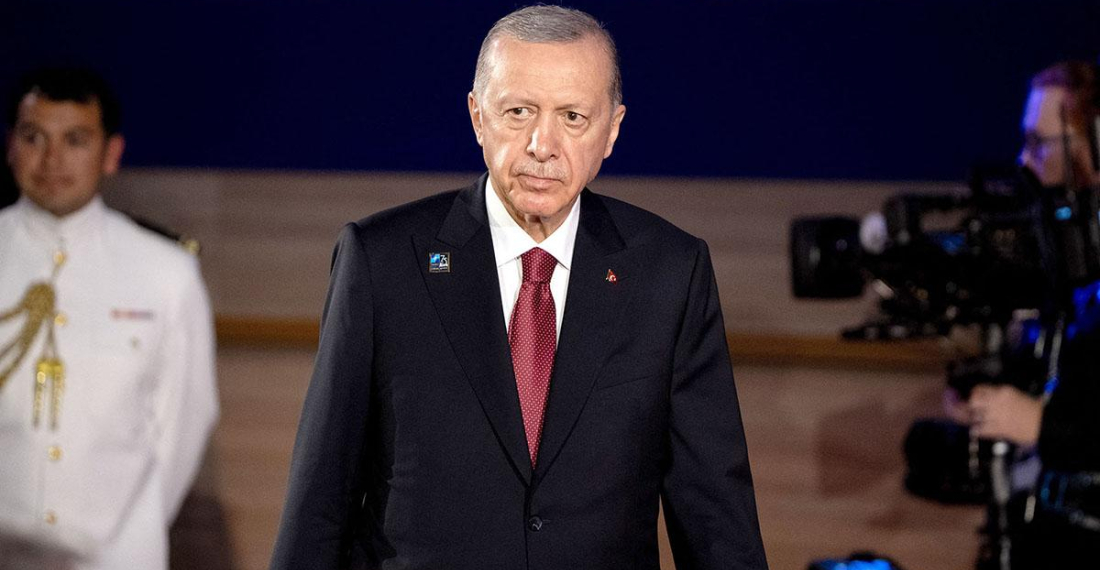Turkish President Recep Tayyip Erdogan has appointed a team of legal experts to start working on a new constitution with critics saying it could allow him to remain in power beyond 2028, when his current term ends. Erdogan, who has led Türkiye as president since 2014 and was prime minister for more than a decade before that, has advocated for a new constitution arguing that the current one, which was drafted following a military coup in 1980, is outdated and retains elements of military influence even though it was amended several times.
“As of yesterday, I have assigned 10 legal experts to begin their work, and with this effort, we will proceed with the preparations for the new constitution,” Erdogan told his ruling party’s local administrators in a speech, according to the Associated Press. “For 23 years, we have repeatedly demonstrated our sincere intention to crown our democracy with a new civilian and libertarian constitution.”
Under the current constitution, Erdogan cannot run again unless early elections are called or the legal framework is changed. Critics see the push for a new constitution as a possible path for re-election, allowing legal changes that would bypass the constitutional term limits.
Erdogan, who has grown increasingly authoritarian over the years, has denied seeking a new constitution in order to remain in power, saying last week “we want the new constitution not for ourselves, but our country.”
Erdogan’s ruling party and its nationalist allies lack the votes needed to usher in a new constitution. Some analysts believe the government’s recent effort to end the decades-long conflict with the militant Kurdistan Workers Party or PKK, is part of strategy to gain the support of a pro-Kurdish party in parliament for the new charter.
The effort to introduce a new constitution comes months after Ekrem Imamoglu the popular mayor of Istanbul and a key Erdogan rival, was arrested and jailed on corruption charges.
His arrest has been widely viewed as politically motivated although the government insists Türkiye’s judiciary is independent and free of political influence. It triggered widespread demonstrations calling for his release and an end to Turkey’s democratic backsliding under Erdogan.






